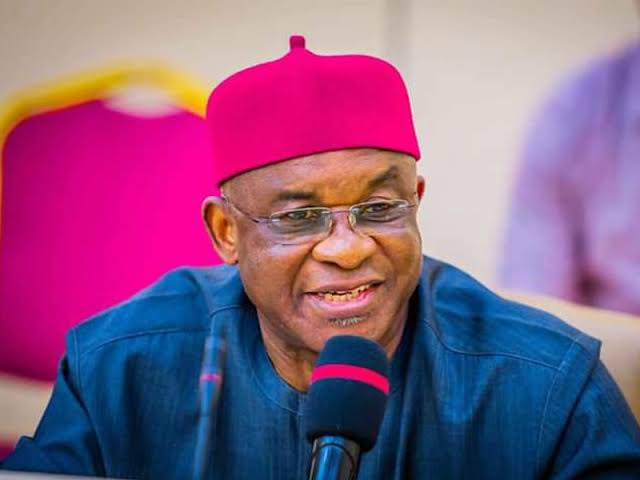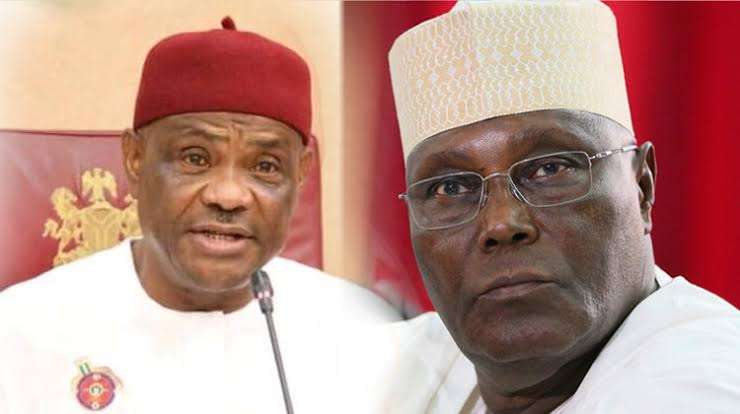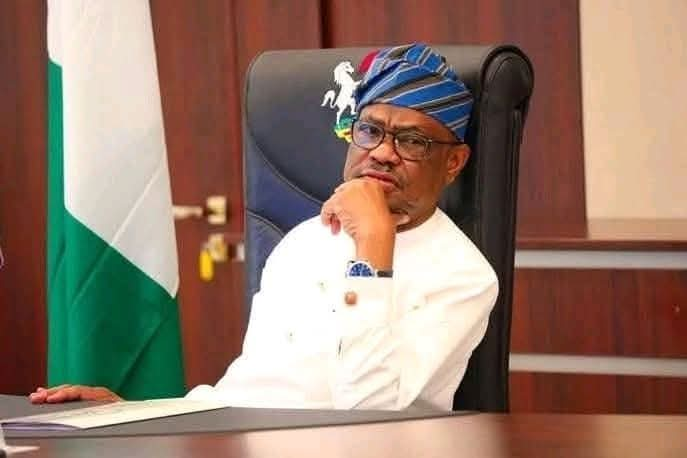Former Senate President David Mark has officially resigned from the Peoples Democratic Party (PDP), a political organization he helped establish and once led in the upper chamber of Nigeria’s legislature.
Mark, in a letter dated June 27, declared his departure from the PDP, citing deep-rooted leadership crises and what he described as irreconcilable internal divisions within the party.
Mark’s resignation marks a significant political shift for the veteran lawmaker, who has been a central figure in Nigeria’s political landscape for decades. He has now joined the African Democratic Congress (ADC), where he has been appointed interim national chairman. His move to the ADC comes ahead of the 2027 general elections, positioning the party to benefit from his political experience and influence.
In his resignation letter, Mark criticized the current state of the PDP, noting that it no longer reflects the ideals and structure that originally defined it. He stated that the party had become, in his words, “a shadow of its former self.” This language underscores the depth of his disillusionment and the seriousness of the internal issues that have plagued the PDP in recent years.
Mark was one of the founding members of the PDP and played a crucial role in its dominance during Nigeria’s Fourth Republic. He served as Senate President from 2007 to 2015, making him one of the longest-serving leaders in that role. His leadership in the Senate was often seen as instrumental in maintaining legislative stability during a turbulent political period.
His decision to leave the PDP is viewed as a significant loss for the party, especially as it struggles to maintain its relevance in the face of growing opposition strength and public dissatisfaction. The PDP, once Nigeria’s ruling party for 16 consecutive years, has faced numerous internal conflicts, factional divisions, and electoral defeats since losing the presidency in 2015.
Political analysts suggest that Mark’s move to the ADC could provide a boost to the smaller party, which has been attempting to expand its national profile. His appointment as interim national chairman indicates that the ADC is positioning itself as a viable alternative to the country’s two dominant parties, the All Progressives Congress (APC) and the PDP.
Sources close to Mark said he has grown increasingly frustrated with the PDP’s inability to resolve its leadership crises, particularly at the national level. They also said that he believes the party has drifted away from its founding principles and no longer offers a credible platform for progressive governance.
Mark’s transition to the ADC could also signal a broader political realignment ahead of the 2027 general elections. Several prominent figures have been rumored to be considering their exit from the PDP due to similar grievances. The ADC may be looking to attract such disaffected politicians in order to bolster its ranks and improve its chances at the polls.
While no official statement has been released by the PDP regarding Mark’s resignation, party insiders acknowledged the departure with concern, noting that his exit could encourage other senior members to follow suit. Some party members described the move as a wake-up call for the PDP to urgently address its internal challenges.
As interim chairman of the ADC, Mark is expected to lead efforts to restructure and rebrand the party in preparation for the upcoming election cycle. His experience and name recognition may help attract new members and increase the party’s visibility in key regions across the country.
David Mark’s political future remains closely watched, and his latest move is likely to reshape some of the dynamics within Nigeria’s opposition landscape. With the 2027 elections on the horizon, his decision may have a lasting impact on the strategies and fortunes of both his new party and the one he left behind.





